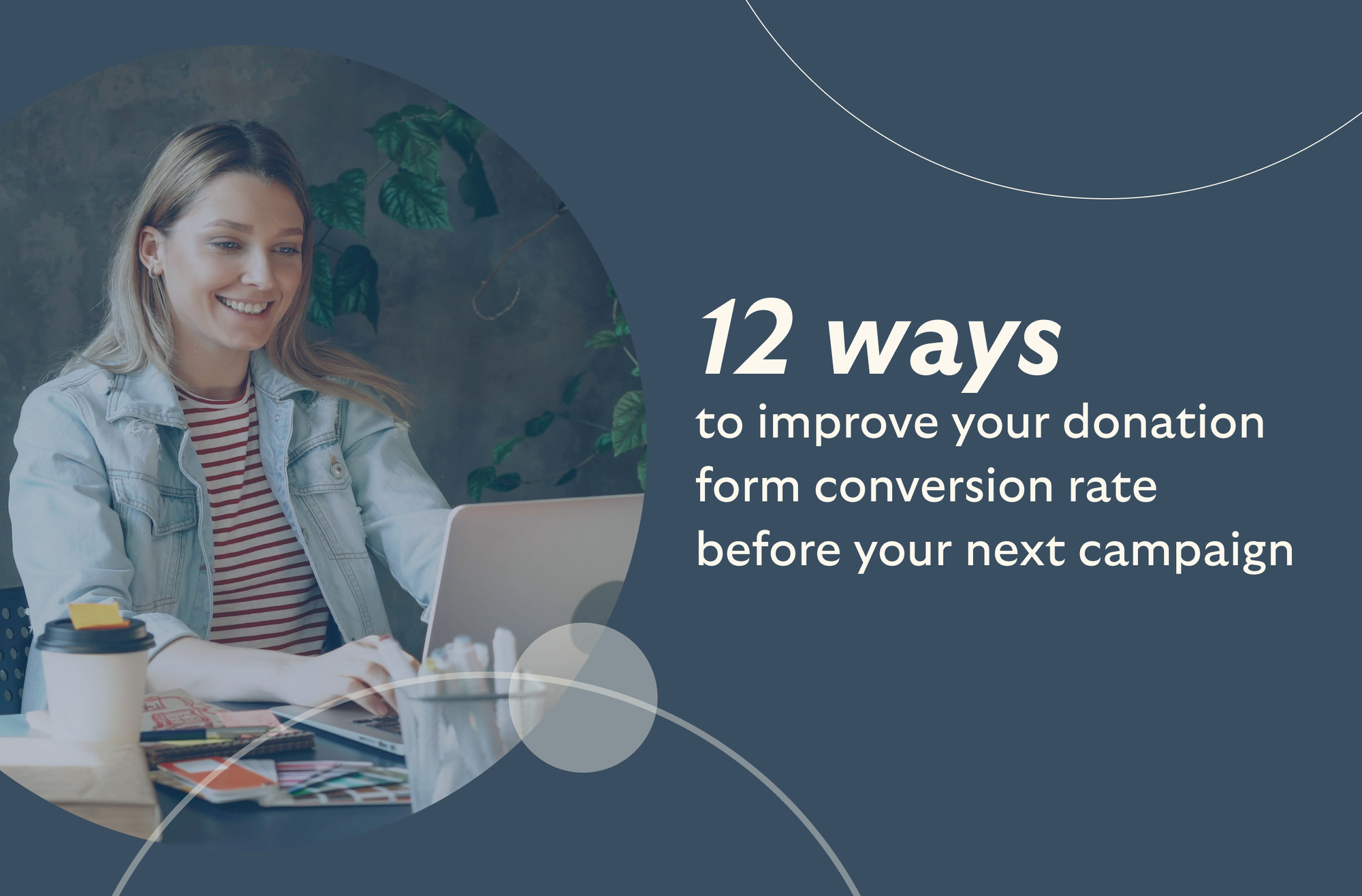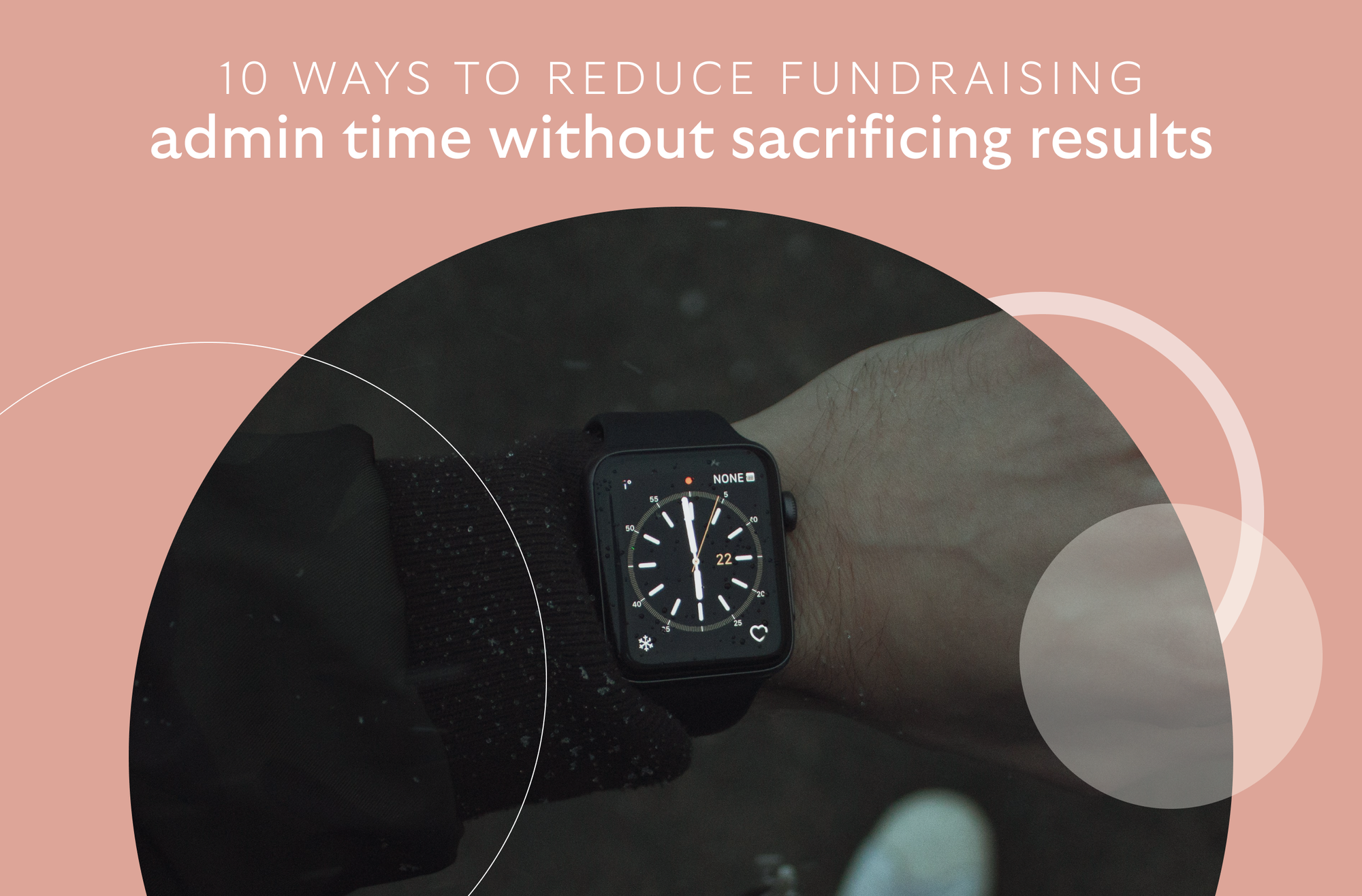Drive excitement for your event by embedding videos and livestream options
Set up recurring donations so people can give to your crowdfunding anytime
Customize default donations to make giving easier.
Offer unique and fun prizes and rewards
What Is Equity Crowdfunding & How Does It Work?
By Whit Hunter

Equity crowdfunding is a way for businesses to raise money by selling small shares to many investors. This method opens up investment opportunities to more people, not just wealthy individuals or firms. It's a growing trend, with the global crowdfunding market expected to jump from $1.25 billion in 2022 to $3.62 billion by the end of 2023.
Keep reading to find out what equity crowdfunding is, how it works, and its importance for both investors and businesses looking for funding, reflecting the rapid growth and changing dynamics in investment and business funding.
Definition of Equity Crowdfunding
Equity crowdfunding is a way for startups and newer companies to get money by offering pieces of their company to the public. This lets people invest and own a part of the company in return for their money.
It's usually done online, where businesses share their plans and financial info to attract investors. This kind of crowdfunding lets investors possibly make money if the company does well.
This is different from traditional crowdfunding, where people give money to support a business or cause.
In traditional crowdfunding, you might give money and get a new product or a small thank you. But with equity crowdfunding, you're more like a mini-investor. You buy a share of the business, not just getting a product or thank you.
So, the main difference is what you get in return. Traditional crowdfunding usually gives you a product or thank you, while equity crowdfunding gives you a chance to own a part of the company.
The Emergence of Equity Crowdfunding
Equity crowdfunding started around 2009 with the first platforms for startups.
In 2012, the JOBS Act in the U.S. made it easier for small businesses to get funding. It lets companies tell everyone about their stock, not just rich investors. This law opened doors for regular people to invest in startups.
In 2016, a new part of the JOBS Act, called Regulation CF, allowed anyone to invest in startups, no matter how much money they make. This change made it possible for more people to help startups and maybe earn something back from their investments.
How Equity Crowdfunding Works?
Equity crowdfunding works as a bridge between investors and startups seeking capital. For businesses, the process begins with creating a compelling pitch. This involves showcasing their unique value proposition, market potential, competitive advantages, and growth plans.
Setting realistic valuations and funding targets is crucial to attract potential investors. A strong team and advisory board also enhance investor confidence in the business's growth potential.
Investors, on their part, should conduct thorough research on startups, evaluating aspects like the management team, business model, market potential, and financial projections. Diversifying investments across different startups and industries can minimize risks and maximize potential returns.
Active engagement with startups, such as attending shareholder meetings and staying informed about company progress, is also recommended for investors.
BetterWorld plays a crucial role in facilitating these crowdfunding campaigns. We offer an easy setup and management of campaigns, allowing businesses to create, manage, and update their crowdfunding profiles.
We also provide options for adding perks to campaigns, a strategy to incentivize donors, and methods for adding offline donations.
Easy and effective crowdfunding campaigns? BetterWorld got you covered!
Benefits of Equity Crowdfunding
Equity crowdfunding offers notable benefits for both investors and businesses:
For Investors:
- Potential for High Returns: Investing in startups can lead to significant returns if the businesses succeed.
- Diversification: It allows investors to diversify their portfolios by spreading investments across various startups and sectors.
For Businesses:
- Access to Capital: Startups can reach a wide range of investors, providing a simpler way to secure funding compared to traditional methods.
- Marketing and Community Engagement: A successful campaign can validate a business's concept, attract early adopters, and build a community of brand advocates. Businesses gain valuable market insights and feedback directly from potential customers.
Risks and Considerations
Equity crowdfunding presents a unique blend of opportunities and challenges for both investors and businesses. While it offers a chance for significant returns, it also demands careful consideration of various risks and a strategic approach to mitigate them.
Risks and Considerations for Investors
- Risks:
- Lack of liquidity.
- Dilution of shares.
- Capital lock-up for years before returns.
- Risk of failure.
- Need for extensive due diligence.
- Mitigating Risks:
- Recognize the high risk of failure and the concept of time value of money.
- Diversify investments among various startups.
- Allocate only a small portion of the overall portfolio to startups.
- Understand the psychological aspects of investing, like loss aversion.
Risks and Considerations for Businesses
- Risks:
- Business-specific risks like legal, tax, future funding, team, industry, regulatory, and competition.
- Illiquidity, high failure rates, dilution, lack of control, limited information, speculative valuation, and unique deal terms.
- Equity crowdfunding market's rapid evolution.
- Potential complications from SAFEs (Simple Agreement for Future Equity) and Convertible Notes.
- Mitigating Risks:
- Create a compelling pitch focusing on the unique value proposition, target market, competitive advantages, and growth potential.
- Set realistic valuations and funding targets to avoid deterring potential investors.
- Build a strong team and advisory board to boost investor confidence in the startup's ability to execute its business plan and achieve growth objectives.
What's Next for Equity Crowdfunding?
The future of equity crowdfunding is marked by evolving trends and a significant impact on the broader financial ecosystem.
Trends and Predictions
Although there was a slight decrease in Regulation Crowdfunding in early 2023, the average check size increased. This suggests that investors are making larger bets, signaling a continued confidence in this type of investment.
There's a notable shift in equity crowdfunding from predominantly pre-revenue startups to more established companies.
In 2016, 19% of companies in equity crowdfunding were pre-revenue startups, while in recent times, 38% of companies raising capital are established with revenues exceeding $1 million. This change reflects a more mature landscape in equity crowdfunding, providing retail investors with opportunities to invest in more established companies.
Equity crowdfunding is becoming increasingly important, especially when traditional funding from VCs becomes scarce. This shift is crucial for startups needing cash, as it allows them to build their brand and gain both customers and investors through crowdfunding platforms.
Impact on the Financial Ecosystem
Equity crowdfunding has democratized the process of startup investing, previously the domain of venture capitalists and accredited investors. This shift allows a broader range of investors to participate in early-stage investments, leading to a more inclusive financial ecosystem.
Crowdfunding platforms enable startups to connect with investors globally, fostering a community-based approach to investing. This aspect not only aids in raising capital but also in building a customer base and generating media attention.
The ease of raising funds through equity crowdfunding platforms encourages more entrepreneurship and innovation, contributing to a more dynamic startup landscape.
In short, equity crowdfunding is shaping up to be a dynamic and increasingly crucial part of the financial ecosystem. It not only changes how startups are funded but also expands opportunities for investors and entrepreneurs, fostering a more inclusive and diverse financial landscape.

Join 105,000+ amazing nonprofits, organizations, and fundraisers on BetterWorld

Let our FREE fundraising tools help you raise more funds with less effort







